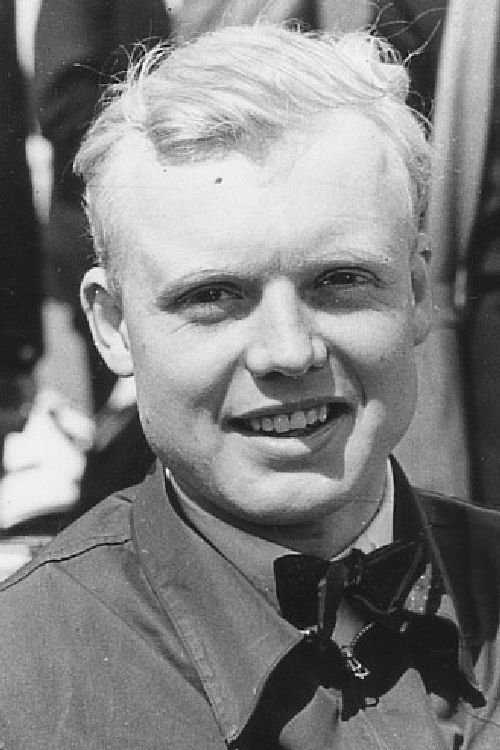

The late 1950s were known as golden years in the world of motor racing, champions were made and lost on a Sunday, and no losses were greater than those of Enzo Ferrari’s Scuderia. Based on Chris Nixon’s bestselling biography Mon Ami Mate, Ferrari: Race to Immortality tells the story of the loves and losses, triumphs and tragedy of a turbulent era that shook the motor racing world.

One of the new, eager, racing fanatics leading Britain's charge to the top of the motorsport world was the charismatic, handsome and debonair Mike Hawthorn. Racing for iconic names such as Jaguar and Ferrari, and sporting his trademark bow tie, shock of wavy blonde hair and with his flamboyant driving style, Hawthorn captured the imagination of motorsport fans across the country. As fast as he raced on the track, Hawthorn lived just as fast off it with his social antics becoming the stuff of legend and there was always a woman or two under his arm.

The 1950s were a magnificent era in which motor racing truly 'came of age'. It was during this golden decade that some of the world’s most influential manufacturers and drivers made their mark, leaving us with an extensive archive of dazzling technical innovation and exciting characters. Join motoring historian Neville Hay as he recalls the major stepping stones of this memorable period with a wealth of facts, anecdotes, interviews and glorious racing footage. Featuring Ascari, Fangio, Moss, Hawthorn, Collins and Musso with Ferrari, Mercedes, Lancia and Maserati.
From Wikipedia John Michael Hawthorn (10 April 1929 – 22 January 1959) was a British racing driver. He became the United Kingdom's first Formula One World Champion driver in 1958, whereupon he announced his retirement, having been profoundly affected by the death of his teammate and friend Peter Collins two months earlier in the 1958 German Grand Prix. Hawthorn also won the 1955 24 Hours of Le Mans, but was haunted by his involvement in the disastrous crash that marred the race. Hawthorn died in a road accident six months after retiring; he was suffering from a terminal illness at the time.
By browsing this website, you accept our cookies policy.